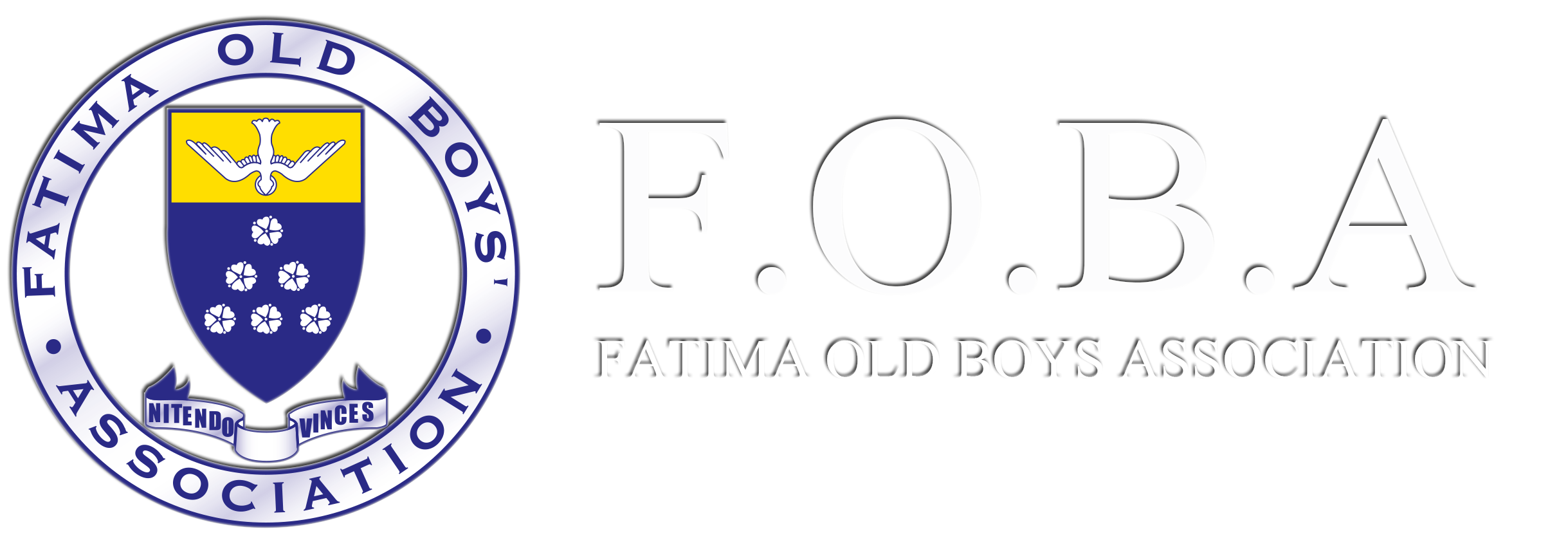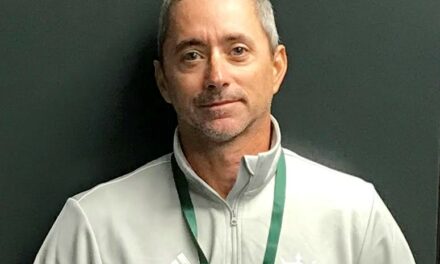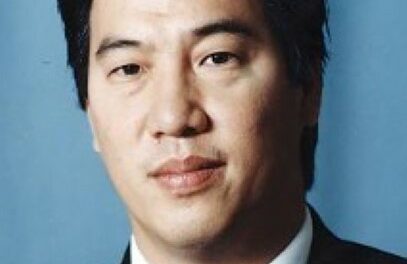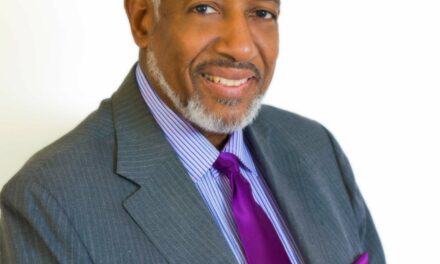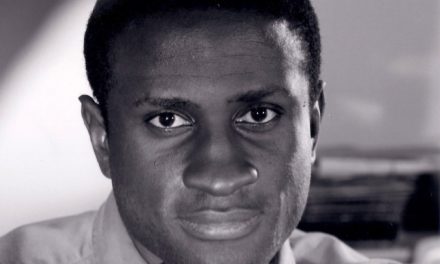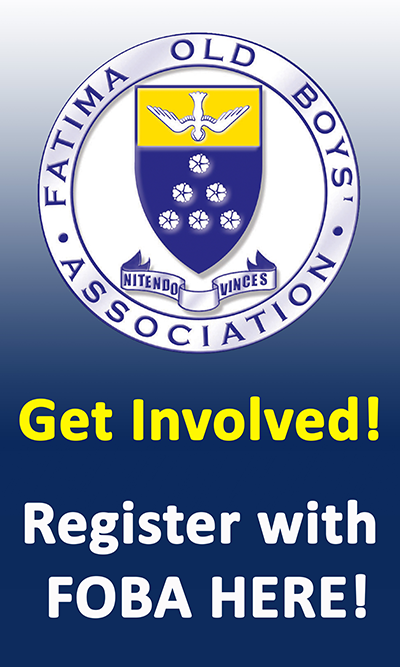- Views 4374
- Likes 1
Deacon Matthew Ragbir, 32 years old, attended Fatima College from 1995 to 2002. He was a Deputy Head Prefect, the winner of Our Lady of Fatima Cup and the valedictorian of his Form 6 year. He has been a Brother of Living Water Community, a Lay Catholic Ecclesial movement, since 2003, where he has engaged in missionary work both locally and regionally. From 2007 to 2012 he studied at the Seminary of St. John Vianney and the Uganda Martyrs. He graduated as valedictorian at the Seminary and topped the Faculty of Humanities at U.W.I. in 2012. For the past two years, Matthew has been furthering his studies in Rome, specializing in Sacred Theology in the area of Marriage and Family. He is due to be ordained early 2016.
Q. A decade ago, did you know that you were going to be a priest?
A. From very young I had a sense of a call, an invitation from God which has developed and deepened over time. A decade ago, that invitation from God was to be a Brother in LWC. It was this invitation to which I gave myself fully, and even as a priest I would be at heart a Brother of LWC. The call to priesthood, which I had a strong sense of a decade ago, comes within the context of the first call to share life in community.
Q. What aspects of your early life developed your relationship with the Church?
A. I think first of all, my family and parish community experience. My parents were very active in Church life and lived their faith. They were instrumental in helping to build the church community in Maloney. My mom was a guitarist, and my Dad was involved in many areas, such as leading services, serving on the Parish Council and helping to organize many activities. My brother and I naturally became involved; we were altar servers from very young and became leaders in the group.
At home we prayed as a family, including at times the official Morning and Evening Prayer of the Church. My parents had a deep devotion to Our Lady, and were involved in Charismatic Prayer Groups and Teams of Our Lady. They were also very charitable and involved us in activities such as feeding the poor, visiting the sick, choir, prayer groups. I developed a thirst for knowledge of my faith. Another huge influence then was my Parish Priest, Fr. Clyde Harvey, who had a tremendous gift for building a faith community. For 9 years of my childhood into adolescence, he helped me build a strong foundation of faith.
Q. Do you think that Fatima College placed sufficient emphasis on fostering a Catholic culture?
A. I guess part of this answer is identifying what we mean by Catholic culture. For me, Catholic culture is more than just having daily Mass, Religious Education classes or annual retreats; these are important aspects of Catholic culture. At its heart, Eucharist is a way of living in and building relationship, it is living gratitude and selflessness, celebrating life, communion, solidarity, love – it is a celebration of a common way of living which we believe is not just for a select few but actually speaks to all of humanity because it helps us become more of who we are as human beings. So for me the question is: Did the school continuously foster an environment which made us more human? My answer would be that it certainly tried.
Education itself is part of culture. My experience of education at Fatima was that it was open to life and challenged us to grow and develop our talents and skills, to do what was right for the right reasons, encouraged conscientiousness, discipline and respect for others, and introduced a social dimension of caring for the poor through different activities. There was of course a spiritual component to the school, through daily Masses, devotions to Our Lady, Religious Education classes, annual retreats, and participation in the Corpus Christi procession. All of the above is part of what Catholic culture is about. Much was available and offered but the students must want to participate. So I think the school tried to help us flourish as persons by offering ways for us to develop all our dimensions and become who God desires us to be.
Q. Do you think that the religious diversity of Fatima’s student population is a hindrance to maintaining its Catholic identity and culture?
A. No, not a hindrance. In fact, I think it presents opportunities to firstly deepen and clarify what it means to be Catholic and to share this. It will pose a challenge if we are speaking of Fatima as a Catholic school and yet Catholic teachers and students are in the minority. Fatima, and Trinidad in general, offers a space to share and learn about other religions. So studying in a religiously diverse space is in part a preparation for the reality of our nation. It does present opportunities for sharing and witnessing to our faith but also for listening to the faith stories of others who also seek Truth.
Part of what it means to be Catholic is to learn to dialogue in the true sense of that word. We are given opportunities to build on what is common to us, especially among other Christians. In an unofficial way, I think this reality allows students who seize the opportunity, to do these things. I remember many dialogues and debates among my friends and classmates concerning God and religion. These naturally caused us young men to deepen our faith in trying to offer reasons for what we believe. It naturally opened a space where conversations about faith and life emerged, which is important for young people on a whole.
Q. Share some of your fondest memories at Fatima College.
A. Most memorable are the friendships made. Over 7 years many stories and dramas of life were shared. Form 6 especially was a great time, the conversations and experiences were deeper, probably because we were more mature. I also enjoyed being in the choir for Music Festival and other events, such as singing at Opening Mass and Prize-Giving. Some of the teachers were very memorable, like Francis John with his dry sense of humor. The teachers supported and encouraged me and I thank God and them for that. Fatima also had a strong sense of tradition, which I really appreciated (We honoured the older teachers, especially knowing about them from some of our classmates’ fathers, once their students). Singing at the assemblies, the retreats ‘down the islands’ and retreats on a whole are also among my great memories. Once, on our way to a retreat, the Fatima bus couldn’t make it up Mt. St. Benedict Hill and we all had to get out and walk so the bus could proceed. Playing football and cricket sometimes, chess also. Overall, my best memories surrounded the friendships which were built after school.
Q. How well is the Roman Catholic Church relating to our e-culture?
A. If by e-culture you mean the electronic culture and the whole range of technology that is represented by new media, I think there are at least two levels on which that question can be answered. Firstly, the Church sees all of media and technology as a gift which has the potential to help humanity in areas of research, the alleviation of sicknesses, interconnectivity and sharing of information. Therefore the Church also utilizes it for evangelization. It is true that this may not be the norm in many parishes in Trinidad and Tobago but we must also remember that technology is costly. At another level is the reality that the Church, with hundreds of years of experience, has a message that is pertinent to the human person and the flourishing of the human person, regardless of the time.
No matter what generation we are living in, the Church raises questions which call us back to the fundamentals of human living and what it means to be truly happy. In this sense the Church raises ethical questions concerning the ways in which we are willing to allow technology to enter human space and relationships. How do the new media within the e-culture threaten human existence and relationships? The Church also reminds us that there are many worldwide who are excluded from sharing in such technologies.
Q. Liberal values have flourished amongst this generation of young people, with Christianity bearing the brunt of much verbal abuse. Are we witnessing the slow death of Catholicism?
A. No! Youth is a very transitional time of finding oneself. Although I don’t like using categories such as liberalism, I think what is often meant by this word appeals to young people who are on the journey of finding themselves and struggling most times in the realm of sexuality and affectivity. We live in a time where we are sexually and affectively wounded. In my experience, young people most often have an issue with the Church’s moral teaching, yet it is the Church to which they return when they are in crisis. Unfortunately, not enough is done in sexual and affective education and formation.
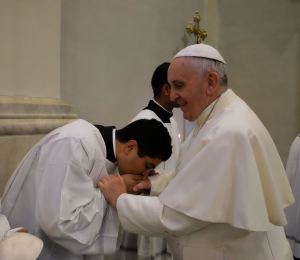 Q. Should priests be able to marry?
Q. Should priests be able to marry?
A. I think that the discipline of priestly celibacy should not be changed. There is a beauty and a witness that it offers to the world. Jesus himself spoke of those who chose to be celibate for the Kingdom of God, hence there will always be a celibate clergy. Additionally, one of the vows of Consecrated Life in the Church is celibacy. At a practical level, it is difficult to maintain both a family and care for your ministry. Your family becomes the people of God and, like in marriage, you are called to give yourself fully, freely and generously to the mission of the Church and to the people to whom you minister. Additionally, celibacy is a sign of the Kingdom.
Q. Briefly outline your transition from Fatima College to Living Water Community?
A. After A-levels I went to an international Catholic youth festival called World Youth Day. That was in 2002 in Toronto and it was there that the message of Pope John Paul II really touched me. He called on young people to give their youth to God and not to wait till they are “settled” in a job. His well-known refrain “Do not be afraid!” really impacted upon me. I came back to Trinidad and after getting my results I decided to do a silent retreat at Mt. St. Benedict, to pray and discern what my next step should be: should I do SAT’s, go to UWI, work, or repeat the A-level exams and try for a scholarship? It was on this retreat that I felt God saying the time is now. I explored different religious orders and even went to the US to experience life in a religious order there. On my return I was at prayer in the chapel at LWC when I met then Fr. Jason Gordon and that’s how it began. Of course this is a VERY concise version.
Q. What challenges did you face as a Brother?
A. In the early years, my greatest challenges were that people didn’t understand the life choice I had made or the Community and so they criticized both. There were challenges of adjusting to Community life and all that that entails: the early hours of adoration and the Liturgy of the Hours from 5:00 a.m., the tremendous and varied ministries of the Community, the work of the formation process which was directed to my own development. One challenge which will always be there is balancing one’s time.
Q. Share about some of the work done by Living Water Community.
A. The Community’s work flows from the call given to Rhonda Maingot and Rose Jackman. Rhonda received the call to love and to show the world how to love. Our ministry has both social and pastoral dimensions not only here in Trinidad but also in Saba (where I lived and worked for about 16 months), Barbados and St. Lucia. The Community also worked for three years in Russia during the early 1990’s. The work of the Community is facilitated by its members and associates, including married couples, youth, single persons, Consecrated brothers and sisters, and priests. It spans working with the homeless and refugees to caring for dying cancer and AIDS patients, working with drug addicts through rehabilitation programs, caring for youth in crisis and much more. The Community is also involved in Communications and Evangelization through the media, seminars and retreats, counselling, and catechesis and Christian formation of children and youth. It is truly a life-giving stream of water that flows.
Q. What sealed your decision to become a priest?
A. Deep in my heart I experienced this call from young. There have been many distinct moments in my journey in Community life which revealed a call to priesthood. So it is really an amalgamation of experiences which, as it were, confirmed more and more the call.
Q. How did your parents react to your life decision?
A. My parents were supportive and prayerful.
Q. What subjects did you do in Form 6 and why?
A. In Form 6 I did Biology, Chemistry, Mathematics and General Paper. I wanted to study medicine.
Q. What house were you part of for Sports Days and did you compete?
A. I was in Fr. Byrne’s house I believe, and yes I did compete in some events.
Q. Do you remember any of the achievements of the Fatima choir whilst you were a member?
A. Wow, that was a while ago. We sang in Music Festival and did quite well.
Q. Were you able to further your singing while studying in Italy, the land of Opera?
A. I did attend a weekly hour-long class in classical singing in the Italian style. Music really is close to my heart.
Q. What do you miss most about Rome?
A. Definitely the friends with whom I shared the last two years, the stresses, joys and great discoveries of such a wonderful city.
Q. Do you think that your faith in God grew while in Rome?
A. I think my faith certainly deepened.
Q. Advise a person who is part of no religion but desperate to discover God.
A. The yearning to discover God is really a yearning for Truth. It is important to be honest with ourselves, and faithful to where that search may lead and to what Truth might ask of us. In the end, one may just discover what is most intuitive to us all that at the heart of the search for God is relationship, gift, communion and love. The novelty of Christianity is that that search leads to relationship with a person in Jesus Christ.
Q. In a previous interview for this publication, Justice Holdip stated that one of the reasons T&T is failing in the war on crime is because the Church no longer has the impact it had in the past. What can churches do differently to rescue youth from a life of crime?
A. In essence I believe if we lived the Gospel message in all its richness this would help. “Church” and religion offer a ritual space which is essential to the human person. It facilitates the building of relationship with others and God (Other). There is a need to rediscover the importance and depth of the ritual and the role of the mystical in our lives. Christianity also has a lot to say about education and formation. One of the significant messages that our world and youth need to hear concerns learning self-sacrifice and how to die to oneself. Church helps us grow in solidarity and a sense of shared responsibility since for a person to flourish is for others to flourish as well. It does this by allowing persons to enter into a much bigger story in which we are all protagonists. In this space, virtuous living is modelled before it is taught and so there needs to be a greater practicing of what we preach. It is the witness that counts.
Q. In Rome, did you ‘do as the Romans do’?
A. Yes and no.
